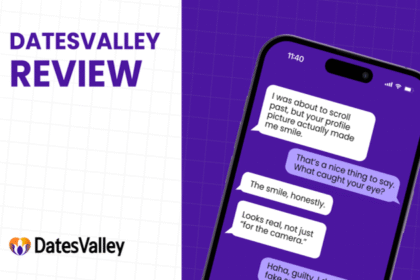Enterprise General Intelligence (EGI) is a type of artificial intelligence (AI) created for businesses. It helps companies handle complex tasks and make better decisions.
EGI is like a super-smart assistant for businesses. It can understand and solve complicated problems, work with different technology systems, and adapt to changes.
You can think of an assistant who can do deep research, create new content, and make smart decisions based on real-world feedback
Unlike generic AI tools that perform simple or repetitive tasks, EGI is built for enterprise-level thinking. It can analyze data, predict outcomes, suggest actions, and even help with creative or strategic work.
How does EGI work?
Here’s how Enterprise General Intelligence functions:
- Data Integration: It connects with all your business systems, such as finance, marketing, HR, and sales, and gathers data in one place.
- AI Processing: It uses machine learning and deep learning models to understand the data
- Decision Making: Based on trends and historical patterns, it gives recommendations for what actions to take.
- Continuous Learning: EGI learns from feedback and results to improve its accuracy over time.
EGI vs AGI: What’s the Difference?
You may know about Artificial General Intelligence (AGI). While AGI is still largely theoretical, EGI is real and practical.
AGI is made to do everything humans can, like holding conversations, writing novels, or performing surgery.
EGI, however, is specific to business operations like strategy, analytics, customer service, and planning.
One of EGI’s strengths is its ability to work reliably across platforms. Businesses can use their favorite tools and systems like Microsoft Excel, CRMs, and analytics dashboards.
Software compatibility is essential for Mac users. Tools like Crossover for macOS allow users to run Windows-based business applications directly on Mac devices.
Use Cases
Enterprise General Intelligence (EGI) is already being used in many industries to make things work better. In retail, EGI helps stores figure out what customers want to buy and plan their inventory so they have the right products available.
In finance, EGI helps detect fraud and analyze investment risks. In healthcare, EGI recommends treatment plans and helps with administrative tasks.
In logistics, EGI improves delivery routes and reduces delays. These examples show how EGI is helping different industries by making smarter decisions.
And as companies move more of their work online, tools like download Microsoft Edge for Mac provide a secure way to access cloud-based EGI platforms.










